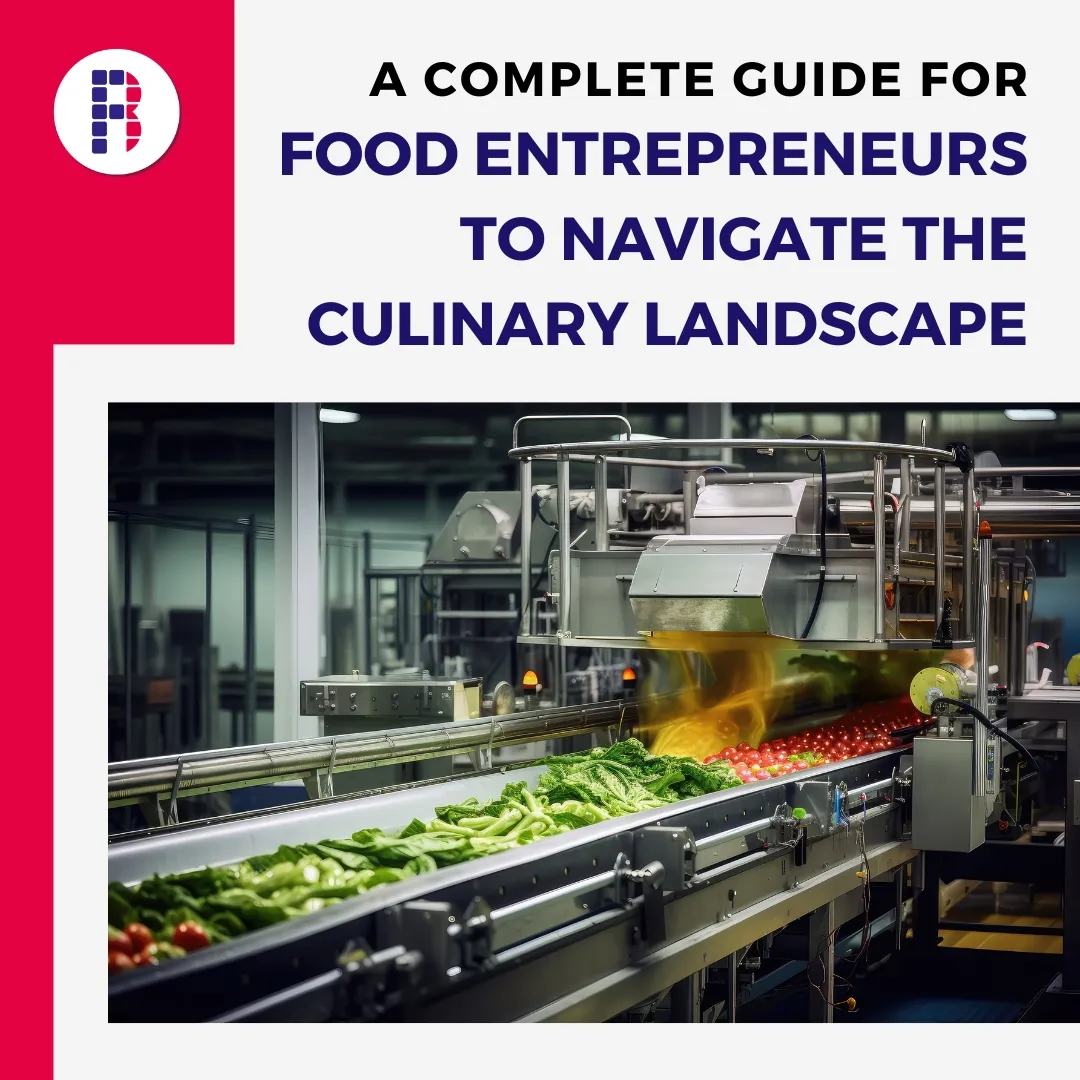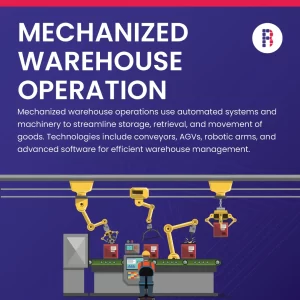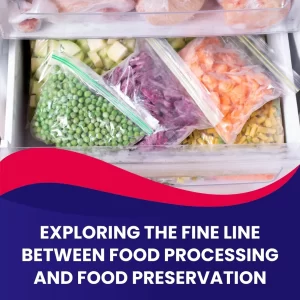Overview
Embarking on a culinary journey as a food entrepreneur is an exhilarating yet challenging endeavor. The food industry is a dynamic landscape, constantly evolving with consumer trends, technological advancements, and societal shifts. Whether you’re launching a food truck, a restaurant, or a packaged food product, success in this competitive field demands careful planning, creativity, and a solid business strategy.
In this comprehensive guide, we will delve into crucial tips and strategies that can pave the way for food entrepreneurs to not only survive but thrive in the multifaceted world of food business. From identifying your niche to crafting a robust business plan, building a strong brand image, ensuring quality and consistency, and mastering the art of marketing, we’ll explore the key components that contribute to a successful culinary venture.
Identifying Your Niche
- Market Research:
Conducting comprehensive market research is the foundation of any successful culinary venture. Start by understanding the current landscape—analyze local competitors, identify gaps in the market, and discern emerging trends. Engage with potential customers through surveys, focus groups, or online platforms to gain insights into their preferences and expectations. This data will be invaluable in shaping your menu or product offerings.
- Defining Your Unique Selling Proposition (USP):
Your Unique Selling Proposition is what sets you apart in a crowded market. It could be a signature dish, a unique cooking technique, or a commitment to using locally sourced, organic ingredients. Clearly articulate your USP, ensuring it resonates with your target audience. Consider what makes your food, service, or brand memorable and compelling to customers.
Crafting a Strong Business Plan
- Setting Clear Objectives:
Before diving into the culinary world, establish clear and achievable objectives for your business. Define your short-term and long-term goals. Are you aiming to become a local favorite, expand regionally, or even franchise your concept? Develop a realistic timeline for achieving milestones, be it the grand opening, breaking even, or reaching a certain revenue target.
- Financial Planning:
Create a detailed budget that encompasses all aspects of your business, from startup costs to operational expenses. Consider potential revenue streams and outline various scenarios to understand the financial feasibility of your venture. Explore funding options such as traditional loans, seeking investors, or crowdfunding, keeping in mind the financial requirements of the food industry.
- Legal Considerations:
Navigating the legal landscape is crucial for a food entrepreneur. Familiarize yourself with local health and safety regulations, zoning laws, and licensing requirements. Ensure that you obtain all the necessary permits to operate legally. This may involve health department approvals, food handling certifications, and compliance with local business regulations.
Building a Strong Brand Image
- Brand Identity:
Your brand is more than just a logo; it’s the essence of your culinary venture. Develop a compelling and consistent brand image that aligns with your values and resonates with your target audience. This includes the design elements of your logo, color scheme, and overall aesthetics. Investing in professional branding ensures that your business is visually appealing and memorable.
- Online Presence:
In the digital age, a strong online presence is non-negotiable. Create a user-friendly website that showcases your menu, story, and values. Leverage social media platforms such as Instagram, Facebook, and Twitter to engage with your audience, share behind-the-scenes content, and run promotional campaigns. Consider investing in professional food photography to make your online presence visually appealing.
Quality and Consistency
- Ingredient Sourcing:
The quality of your ingredients directly influences the quality of your final product. Establish relationships with reliable suppliers who provide fresh, high-quality ingredients. Consider local sourcing options to support the community and emphasize transparency in your sourcing practices. Communicate this commitment to quality to your customers, building trust in the integrity of your offerings.
- Consistent Quality Control:
Consistency is key in the food industry. Implement rigorous quality control measures to ensure that each dish or product maintains a consistent taste, presentation, and overall experience. Develop standardized recipes and cooking processes, and train your staff thoroughly to adhere to these standards. Actively seek and respond to customer feedback to continuously improve your offerings.
Marketing and Promotion
- Strategic Marketing:
A well-crafted marketing strategy is essential for attracting and retaining customers. Identify your target audience and tailor your marketing efforts to appeal to their preferences. Utilize a mix of online and offline channels, including social media marketing, influencer partnerships, and traditional advertising methods. Consider running promotions, discounts, or special events to generate buzz around your culinary venture.
- Customer Loyalty Programs:
Building a loyal customer base is a sustainable way to ensure the long-term success of your food business. Implement customer loyalty programs that reward repeat business. This could include discounts, freebies, or exclusive access to new menu items. Additionally, engage with your customers through newsletters, social media interactions, and events. Building a community around your brand fosters a sense of loyalty and encourages positive word-of-mouth marketing.
Conclusion:
In the ever-evolving and competitive world of food entrepreneurship, success hinges on a combination of culinary expertise, strategic planning, and effective execution. By identifying your niche, crafting a strong business plan, building a compelling brand image, maintaining quality and consistency, and implementing strategic marketing, you can position your culinary venture for long-term success. Remember, adaptability, continuous innovation, and authentic connections with your customers are key to thriving in the dynamic food industry. As you embark on this culinary journey, embrace the challenges and opportunities that come your way, and let your passion for food drive the success of your entrepreneurial venture.






